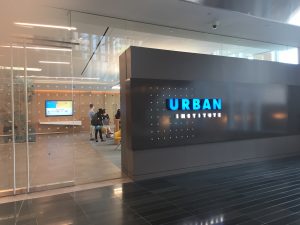Memorial Day weekend was a welcome break from a busy two weeks at my PWE. One of ncIMPACT’s staff members is ill, changing our team’s work flow. Suddenly, an important work product for the social capital project needed support, and it fell on my shoulders to complete a draft of a literature review in just a couple of days. I also picked up other responsibilities on both the social capital and EITC project which required me to attend an additional series of meetings, pulling my time and attention in multiple directions as we worked to complete the review. I felt not only the pressure of deadlines, but also pressure to step up as a new part of a small team and assert myself as an organizational representative.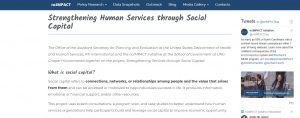
On Thursday of last week, I was talking to a friend who asked me if I was enjoying my internship. I immediately launched into an explanation of all the Zoom meetings I had, the deadlines I was up against, and the stress I was feeling because of it all. I waxed poetic about the additional stress of COVID-19, and how I hadn’t even had the chance to meet my coworkers because of it. After letting me vent, he said, “Okay, but are you enjoying it?” I paused for the first time in several days to actually think about that question. Sure, I was busy and maybe even a little overwhelmed by trying to adapt to my new role in the team so quickly. But did that mean that I wasn’t enjoying my time with ncIMPACT? Did it mean that maybe I was in the wrong place, at the wrong time?
Despite the stress of last week, reflecting on my experience allowed me to realize that this is exactly where I want to be right now, COVID aside. My supervisor and field instructor supported me both personally and professionally, including letting me flex my hours to work longer on some days so I could leave early Friday for a weekend away. Anita, ncIMPACT’s director, trusted me enough to let me attend an outward-facing meeting with clients as the only ncIMPACT representative because of my performance in earlier project meetings. And research partners valued my input during our interactions that they were responsive to a proposal I made to potentially augment a study design to collect key informant data, since COVID was affecting our ability to collect it from community members in a timely fashion.
Having more on my plate can be, rightfully, a source of worry. However, it really means that I am being allowed to dig in to the content and management of projects, meaningfully contribute to work, and grow as a social worker and public administrator. Being a part of a team that is as invested in my development as they are the outcomes of my work has been invigorating and encouraging. I can’t wait to see what else I’ll get to sink my teeth into this summer.
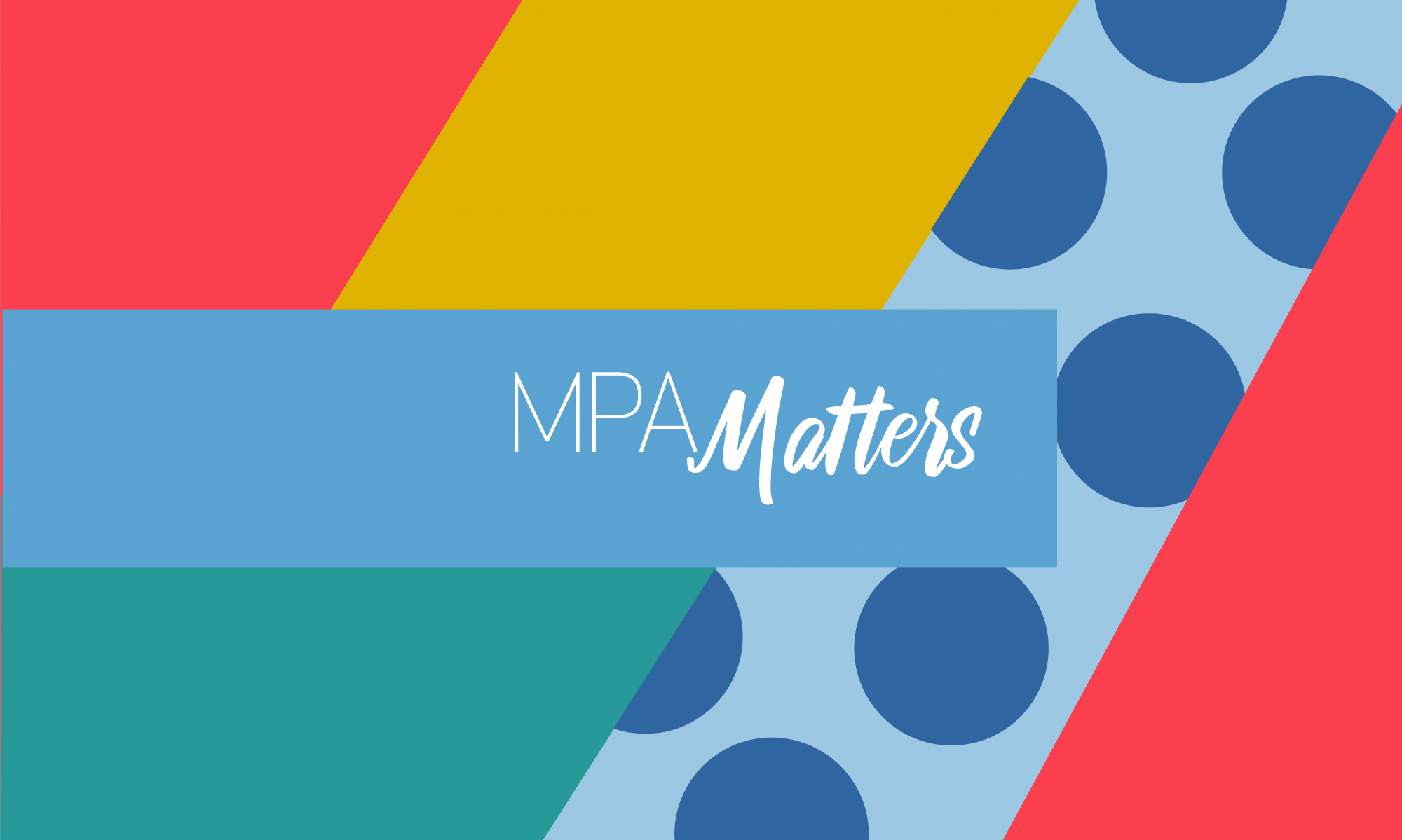

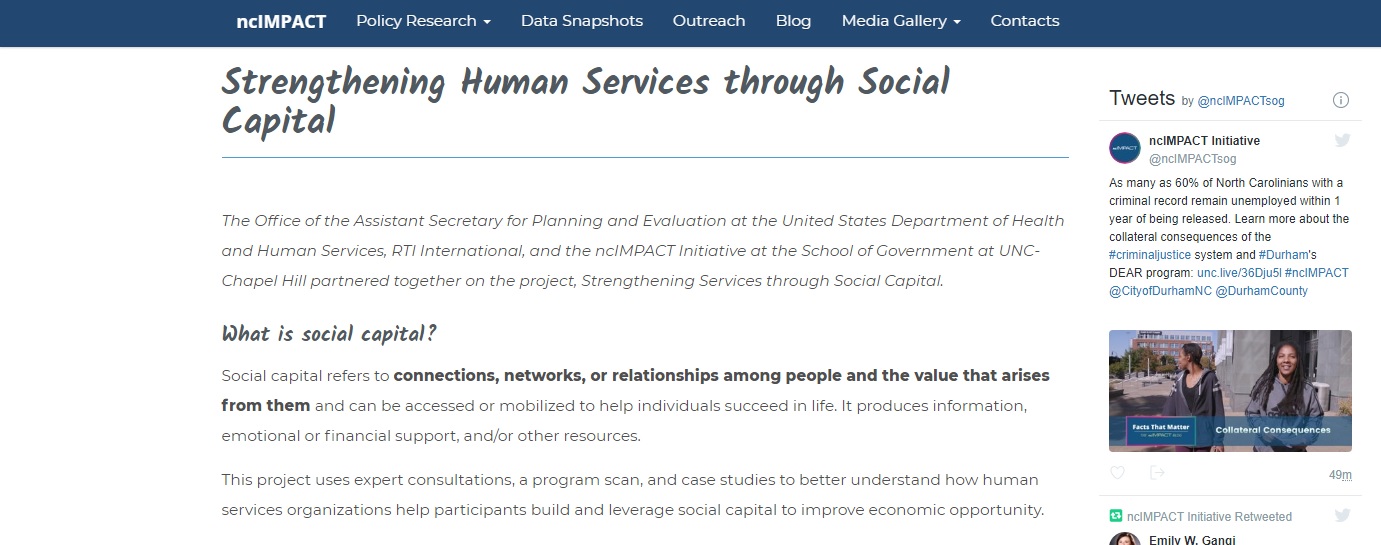
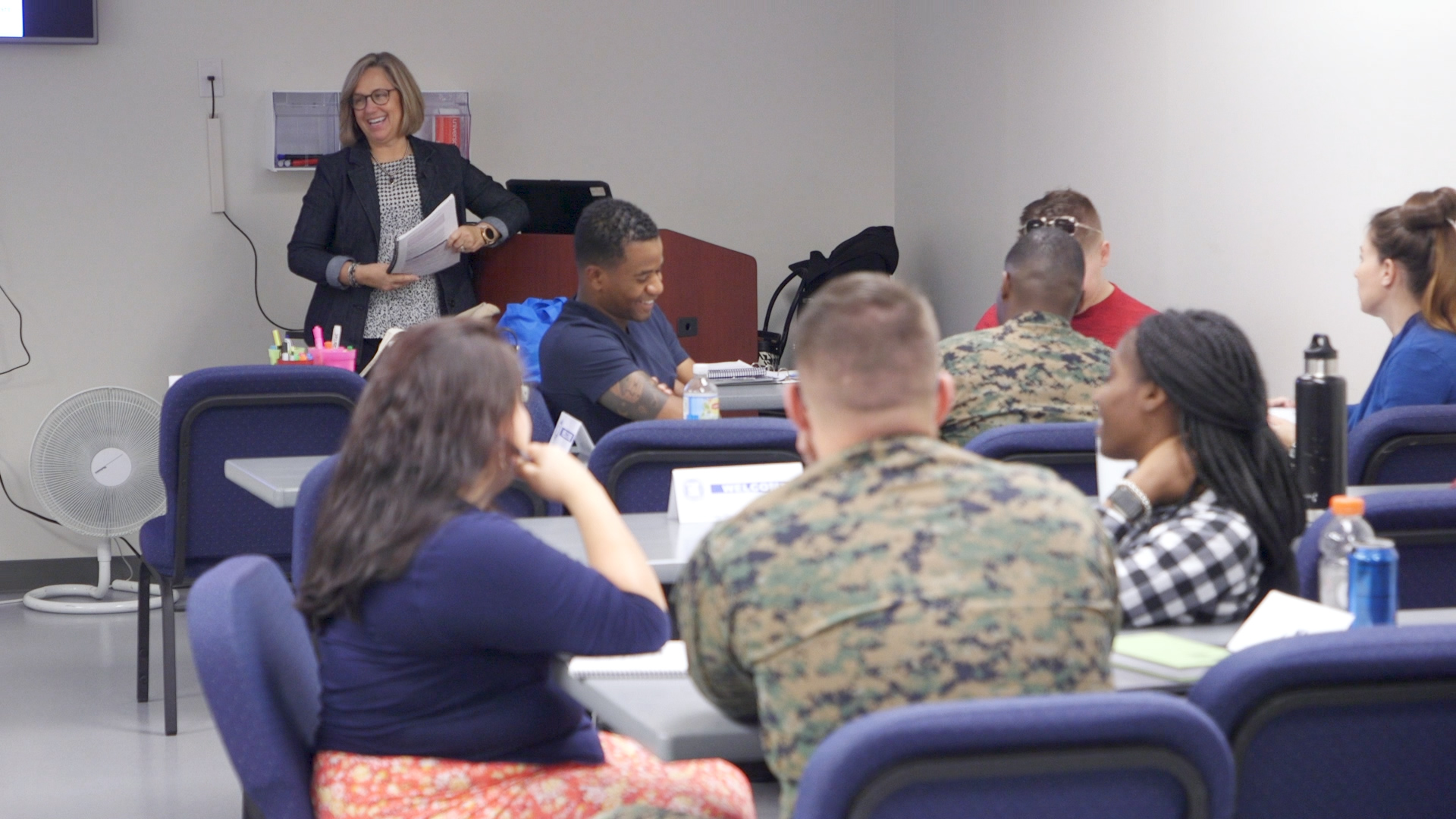
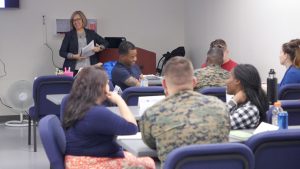 ncIMPACT Initiative
ncIMPACT Initiative

